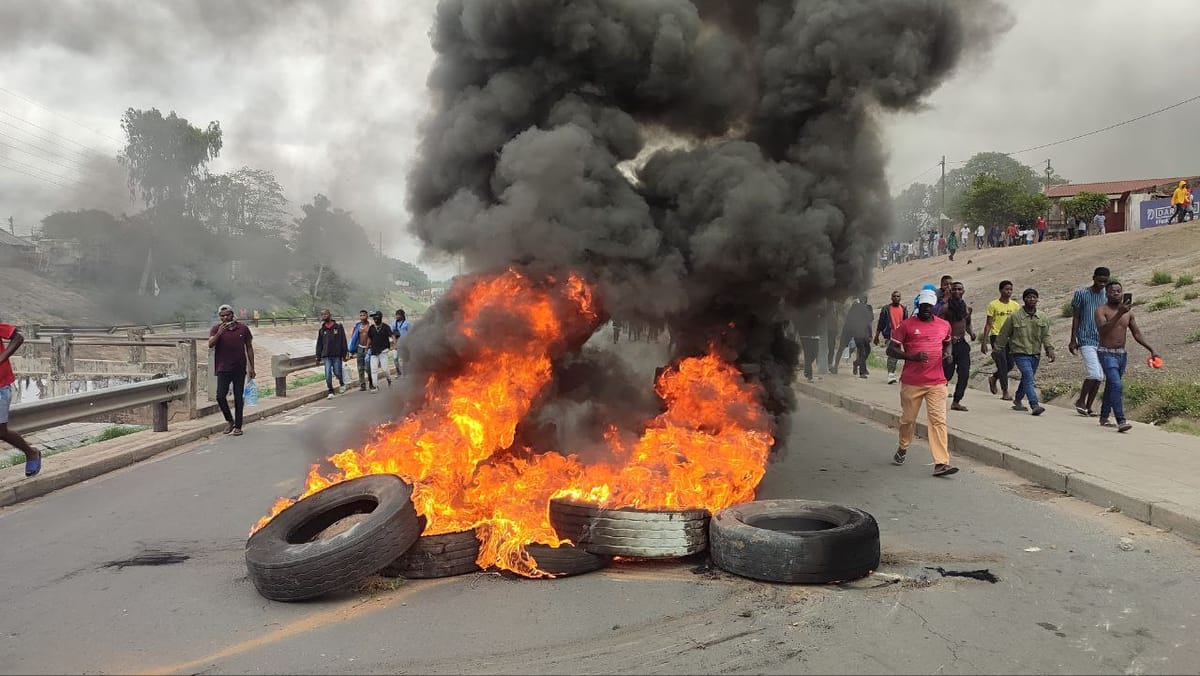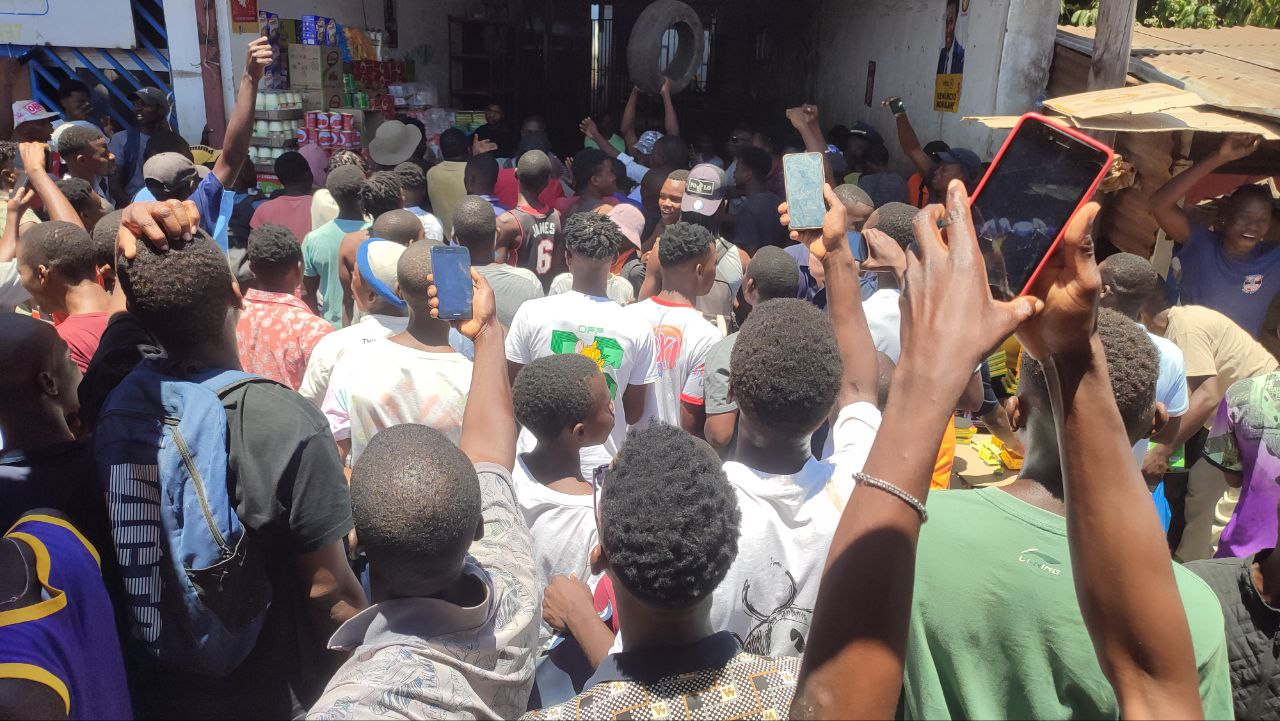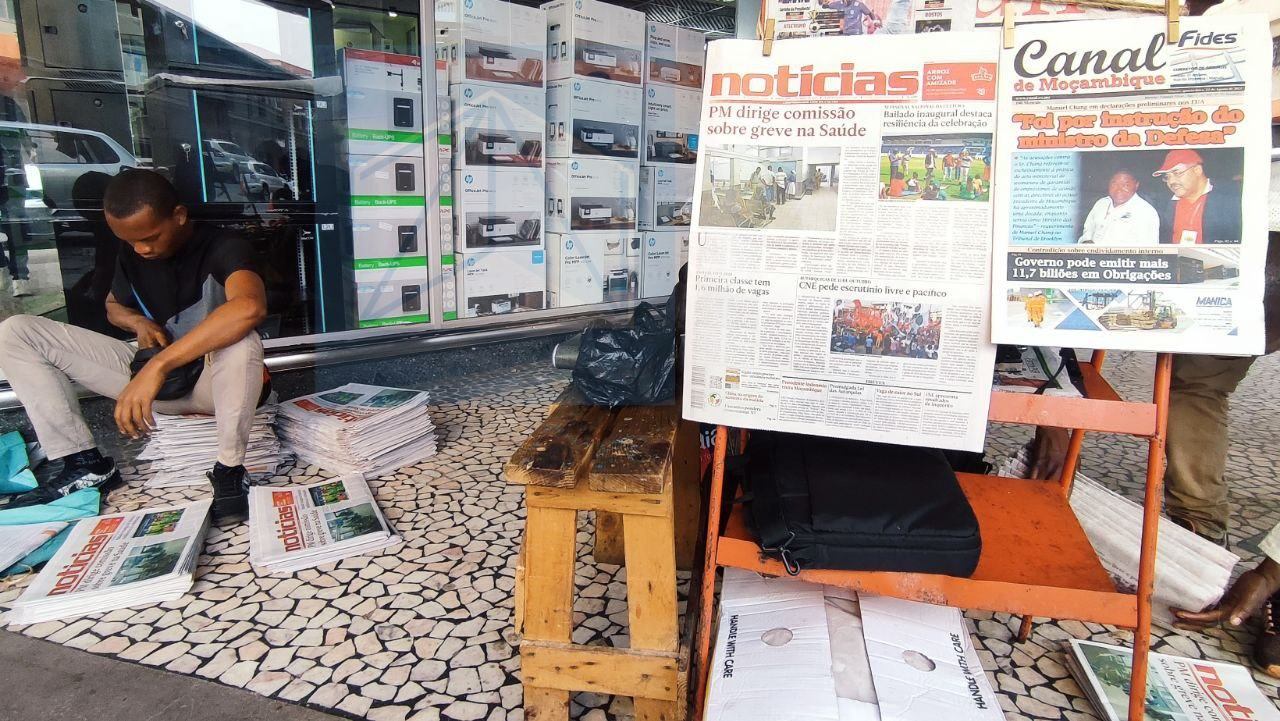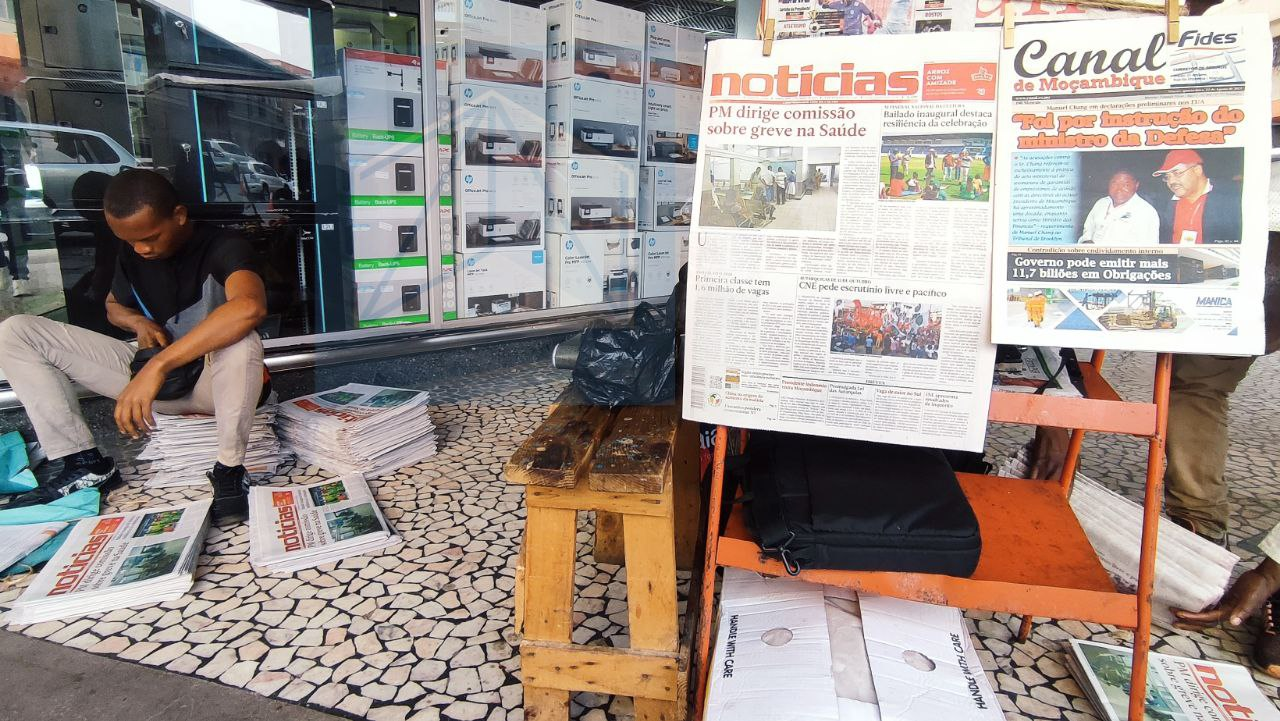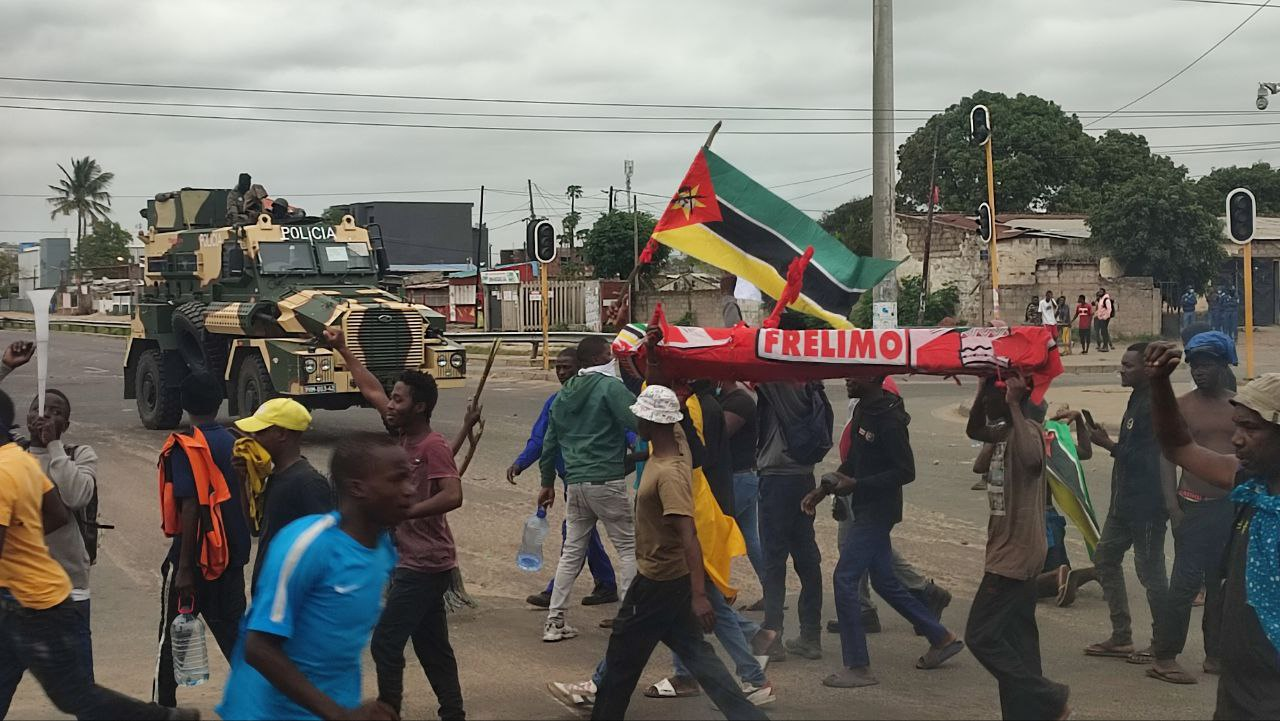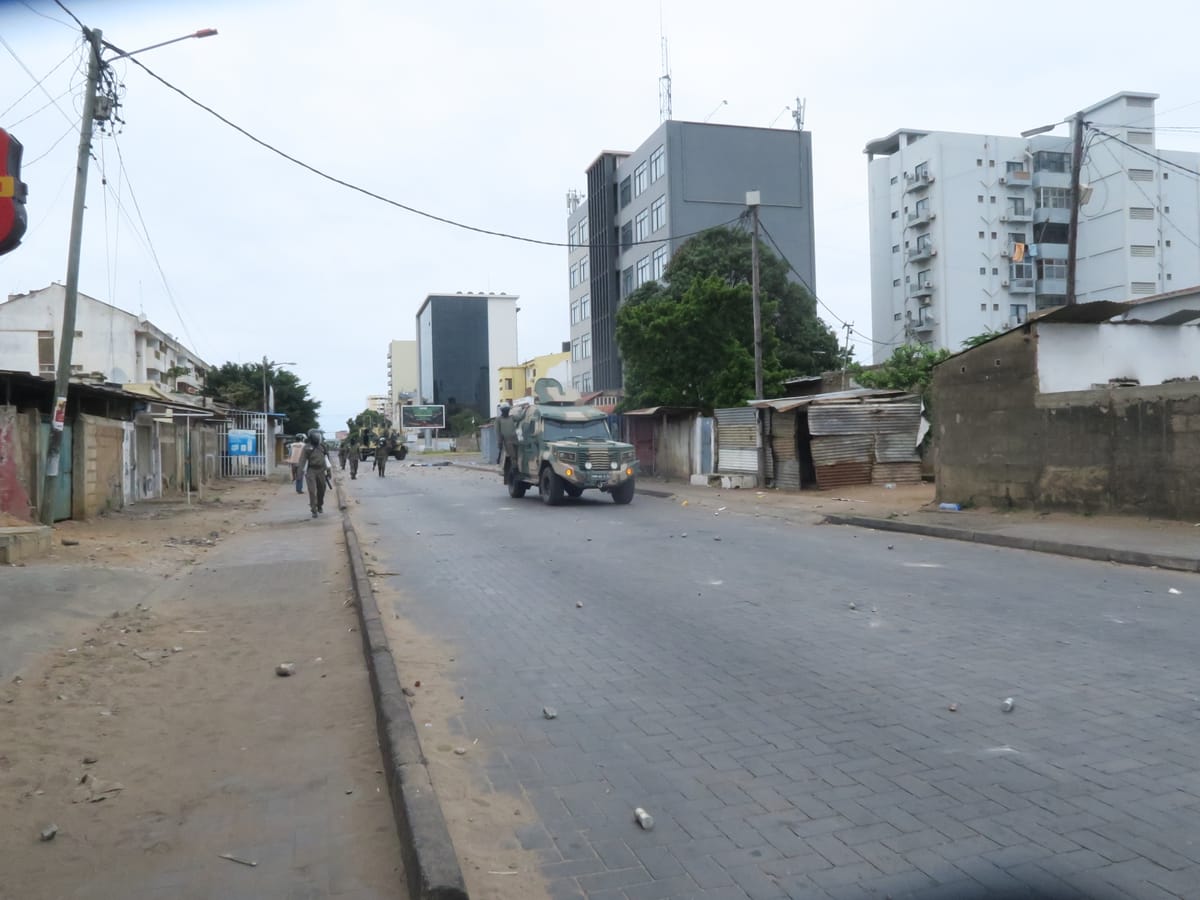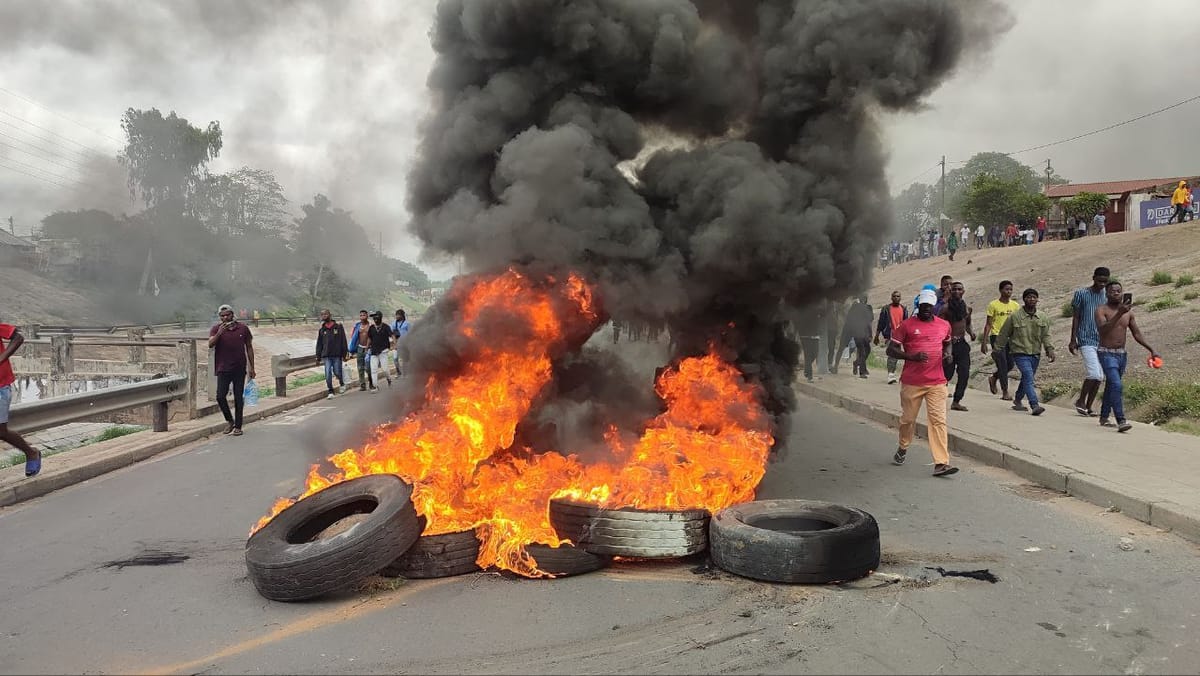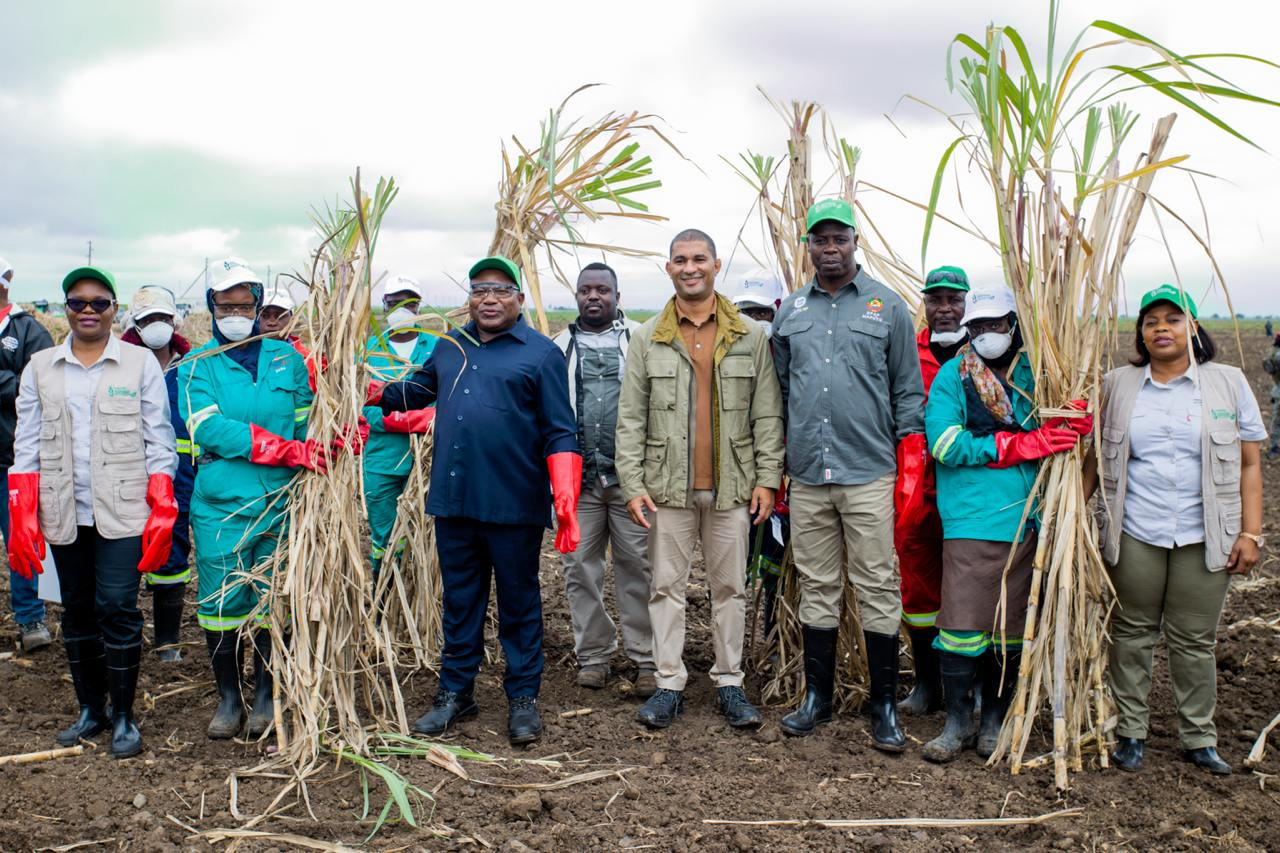Hello and welcome to a look back at a week that has put Mozambican politics onto the global news agenda — or at least would have, had a certain other country not just had an election too.
Alleging fraudulent election results, the main opposition candidate, Venâncio Mondlane, called on Mozambicans from around the country to descend on the streets of Maputo on Thursday and protest “until the truth was restored”. The march didn’t happen as intended, thanks to a determined operation by the police and military to stop it; the popular rage in some cases found outlets through looting and vandalism.
Nevertheless, the day and the week running up to it witnessed unprecedented popular opposition to the government. Mozambique is changing.
The government also enforced a shutdown in telecommunications services, using emergency powers to compel mobile telecoms providers to block certain services on pain of losing their licence to operate, as we reported with exclusive details on Saturday.
DON’T MISS:
Internet access is now returning to normal, and Mondlane’s many supporters are now awaiting further instructions from the man they are referring to as “the people's president”.
The government and Frelimo have had little to say about the chaos resulting from the rigged elections, and Daniel Chapo, the president-elect pending official confirmation, has been particularly quiet.
Maputo City has also had a quiet weekend, and the border with South Africa at Ressano Garcia / Lebombo reopened on Saturday, having shut due to violent protests and vandalism.
Whatever happens in the coming weeks, and whatever results the Constitutional Council confirms, Mozambican politics will never be the same.
Stay with Zitamar News to guide you through these pivotal days, weeks and months. We are expanding our team to bring more breaking news coverage and analysis — and we depend on our subscribers to keep us going. Thank you so much for your support.
The Week in Review
Monday
The government continues to try to dampen down the protests — resulting from the fraudulent elections of last month — with the help of privately owned media. As well as the state-owned broadcaster TVM, independent TV networks have been pushing a noticeably pro-government line, giving the impression of normality and promoting establishment voices.
The government continues to be silent regarding the protests, seemingly assuming that it will eventually die out if no reaction is shown. However, this strategy seems to be proving ineffective so far, as protests are reaching nationwide proportions and are attracting people from all backgrounds.
Tuesday
In an address to foreign diplomats, foreign minister Verónica Macamo, depicted the protesters as vandals causing destruction, and accused opposition presidential candidate Venâncio Mondlane of damaging the economy and discouraging investors. She also defended the integrity of the elections, claiming that foreign election observers, who initially described them as fair, changed their minds and came up with stories about electoral fraud.
Rather than trying to convince anyone of any fairness during the election process and results, Macamo’s statements seemed aimed at showing that the government has the situation under control and isn't going anywhere, and that it remains a reliable partner, worthy of investment and donor funding.
President Nyusi denies presence of Rwandan troops in Maputo
President Filipe Nyusi denied rumours that Rwandan troops had been deployed to Maputo to suppress ongoing protests. Addressing a hearing with justice agencies, Nyusi said that the Rwandan troops were not inclined to "chase people who burn tyres." His statement followed a similar denial from the Rwandan government spokeswoman, Yolande Makolo.
Nyusi further emphasised that any dialogue with opposition presidential candidate Venâncio Mondlane would require mutual trust between both sides. He also stated that the country should wait for the Constitutional Council to officially confirm the election results. Mondlane continues to assert that he won the election, in contrast to the official results announced last month.
Wednesday
Venâncio Mondlane stirred up his supporters, calling for a mass demonstration to happen on Thursday, mentioning a “revolution” and pointing to the end of the A lasting shift in Mozambican politics seems inevitable. Even if Frelimo remains in power, the public backlash resulting from the fraudulent elections will have long-term consequences on the ruling party’s political credibility and in the confidence of Mozambicans.
Throughout the crisis so far, the government, Frelimo as well as the official president elect Daniel Chapo have said little to address their lack of credibility, the latter has been silent for weeks.
President Filipe Nyusi expressed a desire for dialogue with the "interested parties" but emphasised the need to wait for the election results to be officially confirmed by the Constitutional Council, despite the credibility of both the National Elections Commission and the Constitutional Council having been undermined by a series of politically motivated decisions in recent years.
Thursday
Responding to Mondlane’s call, the population flooded the streets of Maputo in a day being labeled as “Day of Liberation”.
In some areas however, demonstrators were not able to march peacefully as the police, blocking access to interceptions and main roads—such as Vladimir Lenine avenue in the Polana Caniço Avenue— intercepted protesters with tear gas and rubber bullets. In some instances, some policemen also fired live bullets at protesters, causing the death of at least two people, according to civil society organisation CDD.
Amid escalating tensions, protesters began hurling rocks and Molotov cocktails at the police, with at least one bottle striking a police car and causing minor damage.
Some protesters burned tires and looted several businesses such as Vodacom and Shoprite.
In other areas, police allowed people to protest peacefully, with some officers even seen engaging in conversation with demonstrators rather than escalating or initiating conflict. This highlights a varied approach within the security forces.
FREE TO READ: Zitamar News' multimedia report from our correspondents at the heart of Thursday's protests in Maputo. At least two were killed in the violence as demonstrators clashed with police throughout the day.
Friday
Mozambique’s ruling class have ‘business’ interests which are pure rent seeking dependent on their being in positions of power, rather than real businesses which would continue to thrive if the country was under new management.
It’s become a cliche to say that the parties hanging on to power in liberated southern Africa are the new colonialists; but that doesn’t make it any less true. The country is hostage to interests that want to exploit its resources and don’t care about the people; but those interests are not coming from outside the country, but rather are at the very heart of its political institutions.



